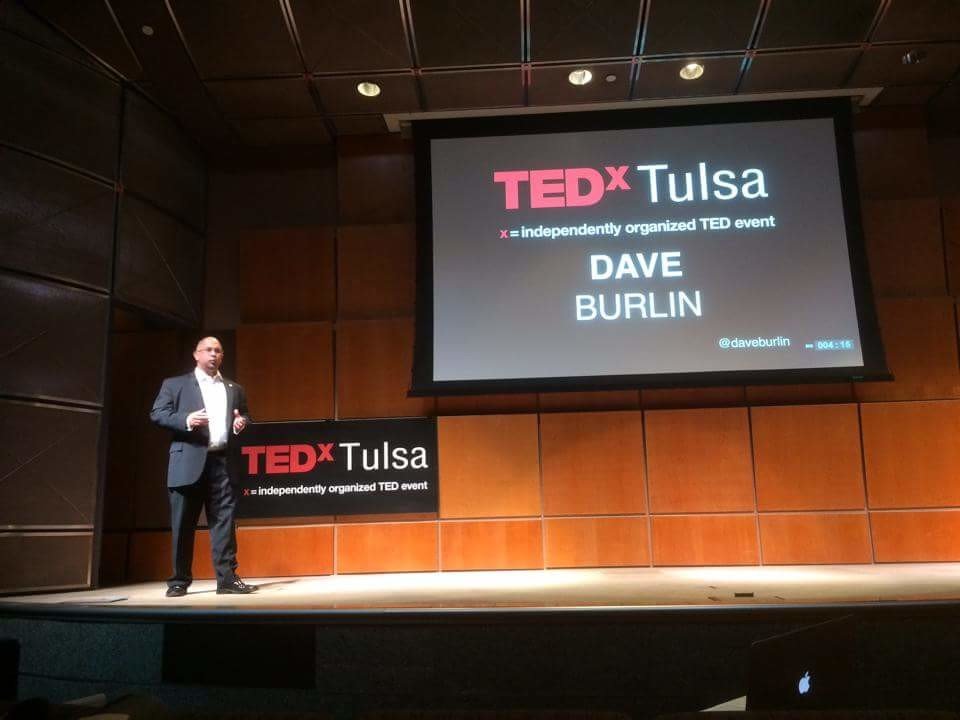
From Transition to Transformation: A New Perspective on Veterans' Post-Service Journey
For many veterans, the shift from military to civilian life has traditionally been labeled as a "transition" - a term that Marine Corps veteran Dave Burlin believes may inadvertently set the stage for challenges. In a recent interview with Veteran CEO Magazine, Burlin proposed a paradigm shift: instead of transition, think expansion and transformation.

Reframing the Conversation
"I'm trying to take the word 'transition' out of our vocabulary," Burlin explains. "Sometimes, it's just a matter of changing those words that might change the mindset." This insight came from his own experience and was crystallized during a coaching session with celebrity influencer coach David Meltzer. When Burlin spoke about "transitioning" from his successful career as a wedding DJ, Meltzer interrupted: "You're not transitioning, you're expanding."
The Entrepreneurship Journey
As the program manager for entrepreneurship at Vets in Tech, Burlin is particularly passionate about helping veterans explore business ownership. However, he cautions against what he calls the "Shark Tank economy" - the misconception that success comes from pitching an idea and receiving instant funding.
"Just because it's a good idea does not make it a good business," Burlin emphasizes, channeling advice from co-founder of Priceline & Chairman of the Board for Global Entrepreneurship Network Jeff Hoffman. Instead, he advocates solving real problems and offers a counterintuitive approach to securing support: "If you go and ask somebody for money, they will give you great advice. But if you go and ask people for great advice, as they unpack the problem with you, they will come to the conclusion that you just need a little money."
Breaking Stereotypes
Burlin challenges common veteran stereotypes, noting that not every veteran is homeless, suicidal, needs a job, or has seen combat. While appreciating initiatives that offer veterans free services, he emphasizes the importance of focusing on growth and opportunity rather than perpetuating a culture of "handouts."
Resources for Veteran Entrepreneurs
For veterans interested in entrepreneurship, Burlin recommends several organizations:
These organizations provide resources, mentorship, and sometimes funding opportunities for veteran entrepreneurs.
The Military Advantage
Burlin believes veterans are uniquely positioned for entrepreneurial success. "The things that we learned in the military aren't always necessarily adaptable into all civilian jobs," he notes. "But entrepreneurship is not a job - we're solving problems, and that's all we did in any support of the battlefield."
A Lighthouse for Others
Perhaps most importantly, Burlin sees veteran success stories as beacons of hope for others. "Every time we are successful in our own expansion and transformation, it becomes a lighthouse for other veterans who may be struggling in their transition from service to civilian life."
By reframing the post-military journey as an opportunity for expansion and transformation rather than just transition, veterans can open themselves to new possibilities and growth, ultimately leading the way for others to follow.
Two Paths: Support vs. Growth
Burlin identifies two distinct trajectories for veterans post-service: post-traumatic stress (or support) and post-traumatic growth. While acknowledging the reality of service-related challenges, he emphasizes the importance of focusing on growth opportunities. This growth, he suggests, stands on three pillars:
Education - Using veteran benefits for further learning
Employment - Connecting with organizations offering veteran inclusion programs
Entrepreneurship - Transforming ideas into viable businesses





